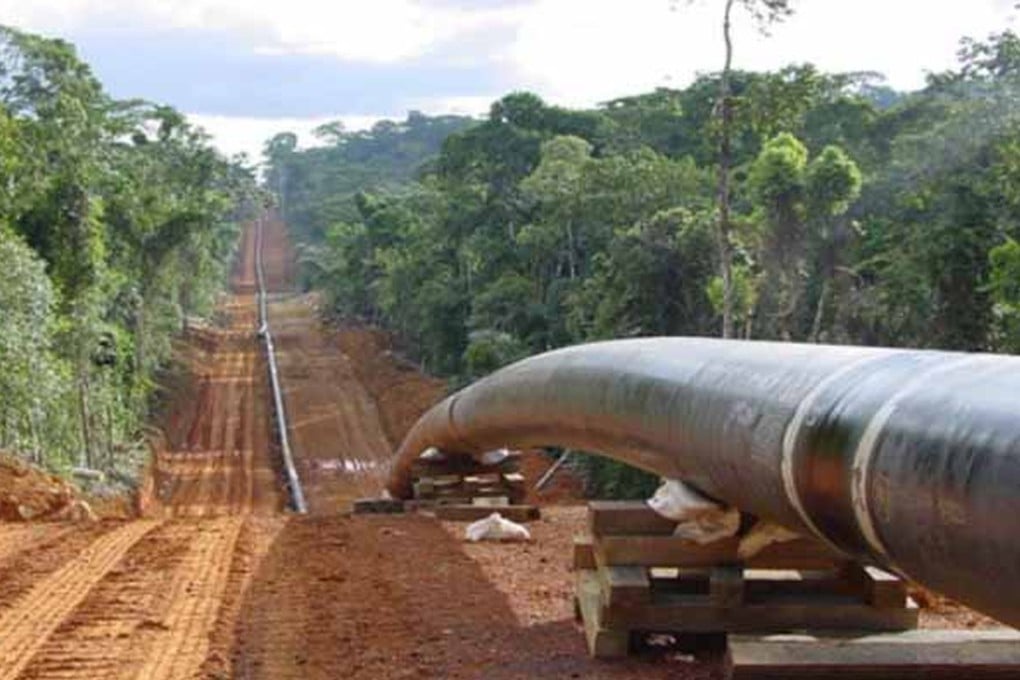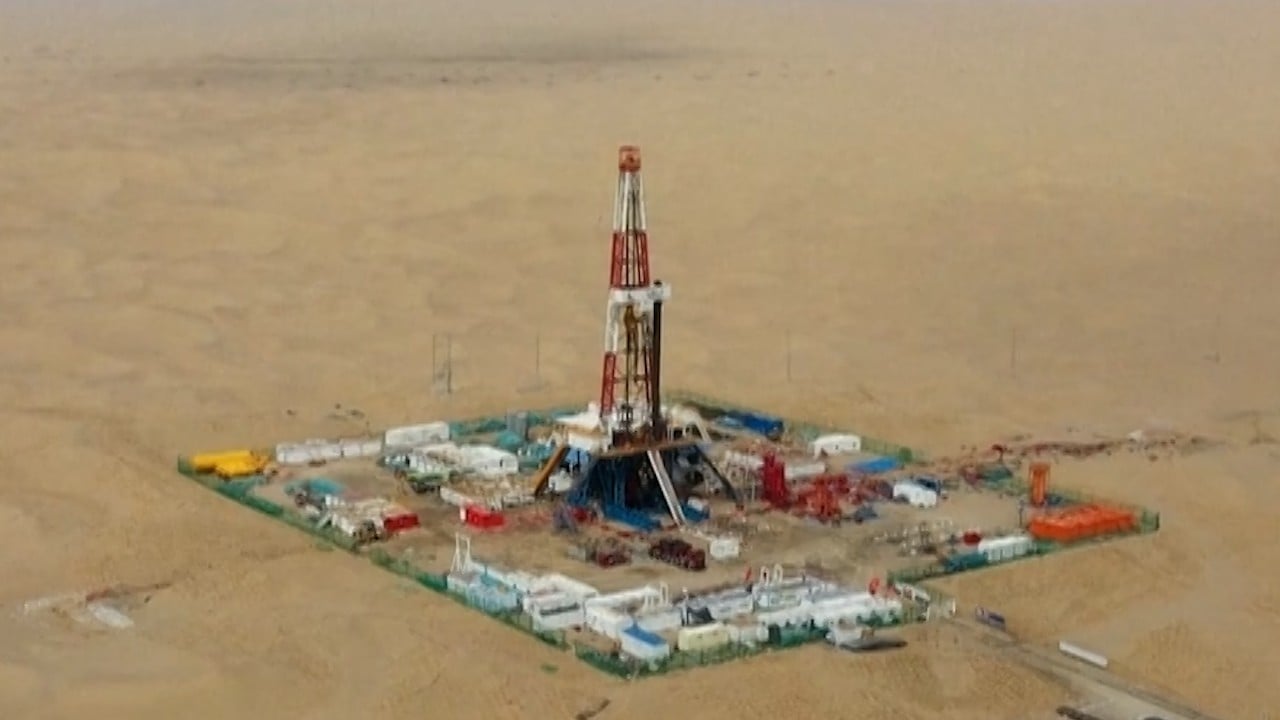Africa US$4 billion 900-mile oil pipeline creates climate dilemma, ‘highlights global inequality’
- Consortium behind project, including governments and Chinese and French oil firms, says East Africa Crude Oil Pipeline (EACOP) will create jobs and generate revenue
- Opponents argue hundreds of oil wells will destroy ecosystems and increase emissions, and oil will be exported to nations limiting their own fossil fuel production

Nelson Mugisha’s rural farming community near the shores of Uganda’s Lake Albert is lush and green – and woefully underdeveloped. Now, more than 15 years after oil was discovered in the area, a US$4 billion pipeline project promises to change everything.
The consortium behind the project – which includes the Ugandan and Tanzanian governments, France’s TotalEnergies SE and the China National Offshore Oil Corporation (CNOOC) – say the 900-mile East Africa Crude Oil Pipeline, or EACOP, will create thousands of jobs and generate billions of dollars in government revenues.
Opponents, including Ugandan activists, European parliament members and Western environmental groups, argue that the project, which will involve drilling hundreds of oil wells in and around nature reserves, will destroy delicate ecosystems and increase emissions at a time when the world should be moving away from fossil fuels.
They have already convinced several banks and insurers to withhold support for the pipeline, delaying the project’s financial close, now expected to happen later this year.
The debate is raging in African countries with few other options for economic development than to exploit their planet-warming fossil fuels. The involvement of foreign companies, often based in developed nations with ambitious climate targets, further complicates the picture. Locals like Mugisha are caught in the middle.
“When the oil is extracted it will lead to development and some people will get jobs” while the government earns revenues, said Mugisha, a 33-year-old coffee farmer. But “the pipeline project will not be beneficial to the whole community” and it “will damage the environment”.

